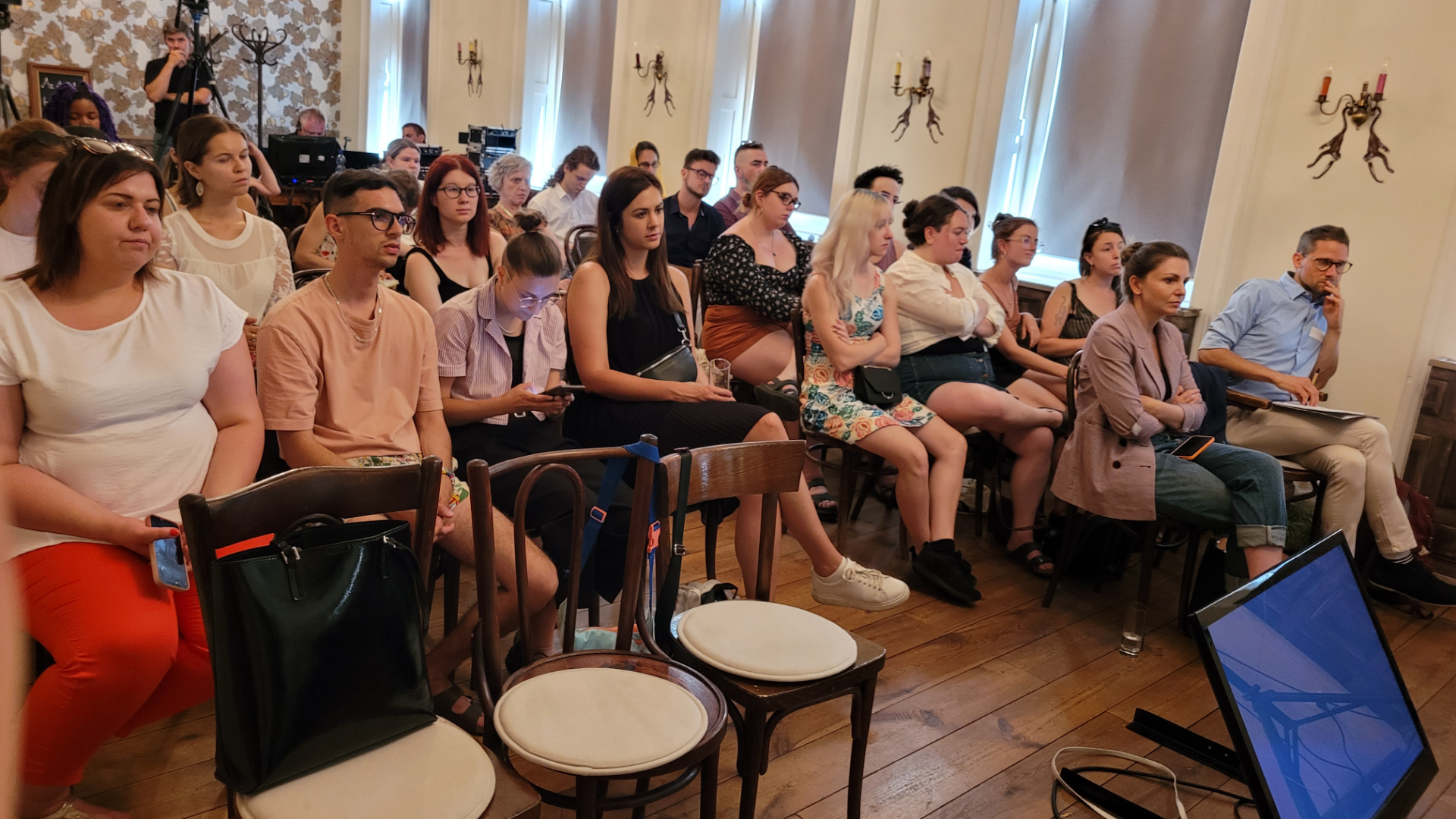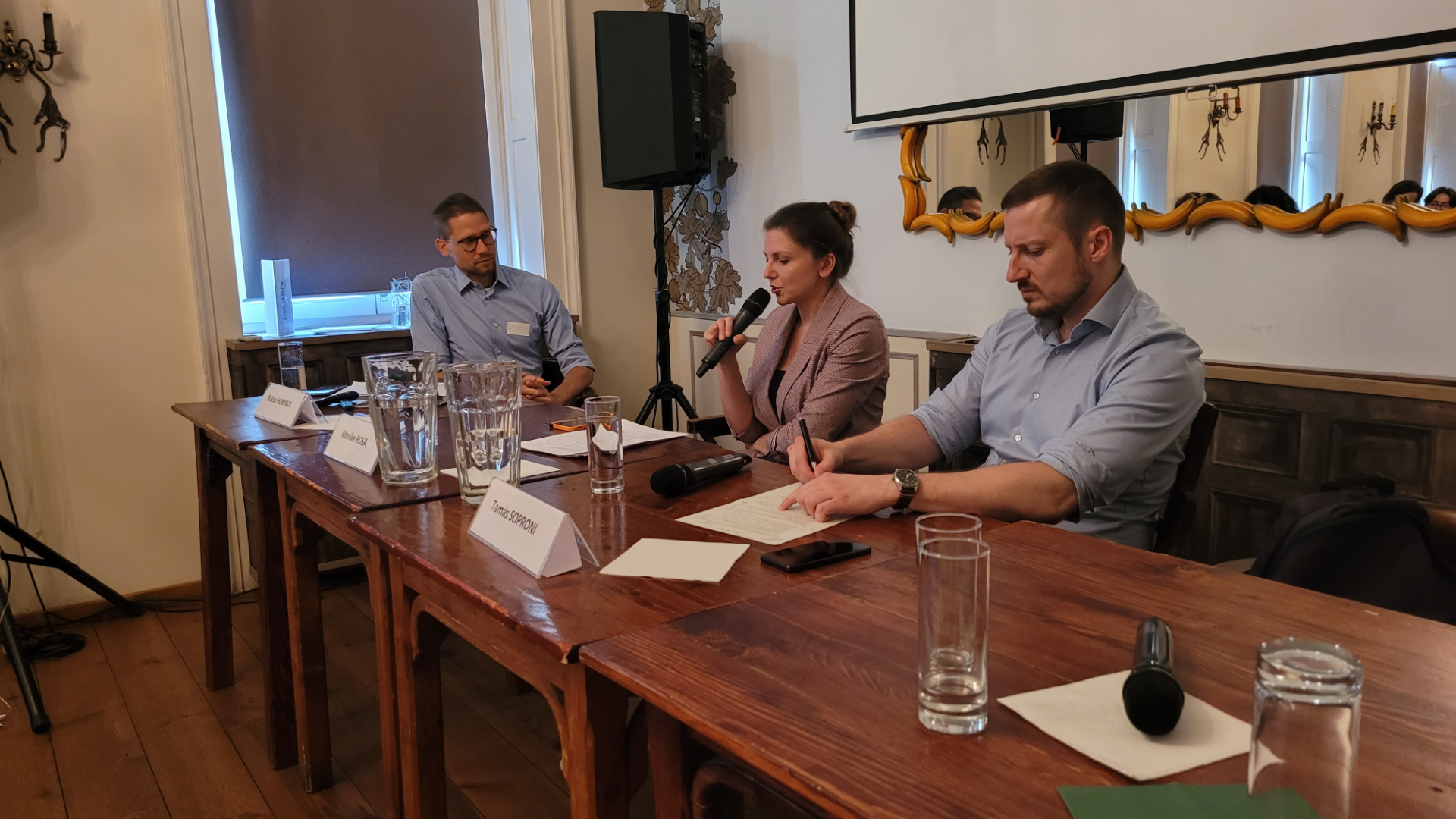Hungary and Poland
Countering Gender-Based and LGBTQI+ Hostility
Countering Gender-Based and LGBTQI+ Hostility
Gender-based and LGBTQI+ hostility is on the political agenda in Hungary and in Poland. Although the countries have very different social contexts, the political situation is similar: the ruling parties have chosen the LGBTQI+ community as enemy and mobilize the population against them.
A comparative analysis compares the strategies of relevant actors to intensify the hate campaign against the LGBTQI+ community in both countries. The focus is on the political, social, and legal context, the narratives of the mobilization, its actors, and their international networks. Hungarian society is largely unreligious and individualistic, whereas in Poland the Catholic Church has a major influence on the population. Nevertheless, in both countries, the governing parties – Fidesz in Hungary and Law and Justice (PiS) in Poland – consider their country as being under attack by an enemy called “gender and LGBTQI+ ideology/propaganda”.
In both countries, the main actors of the mobilization are the governing parties. The Hungarian Fidesz supports anti-LGBTQI+ movements by providing funds, organizing events, shaping public discourse, enacting policies, building partnerships, and founding new organizations. In Poland, although PiS has the most resources for the mobilization, it is strongly influenced by the Catholic Church and the conservative think tank Ordo Iuris.
The year 2015 was a turning point in both countries: back then, Fidesz took a far-right turn, and PiS won a majority in parliament. In terms of LGBTQI+ rights, the two countries are equally restrictive in limiting same-sex adoption and legal recognition of gender change. However, Poland is more restrictive regarding civil same-sex unions, which have been legal in Hungary since 2009, and the introduction of so-called “LGBT-free zones” in certain municipalities. In contrast, Hungary has been more restrictive regarding LGBTQI+-related education for minors.
The gender-based and anti-LGBTQI+ narratives in both countries depict the alleged “gender and LGBTQI ideology” as an attack on “normality”, conservative values, and families. They mostly blame left, liberal elites, the West, and the domestic opposition for spreading the alleged propaganda.
Connections to international actors play a central role in legitimizing the Fidesz policies. This is not so important in Poland, since it builds its own networks within Central and Eastern Europe.
The fotos were taken during a side-event of the Budapest Pride.
Tolerance for diversity






